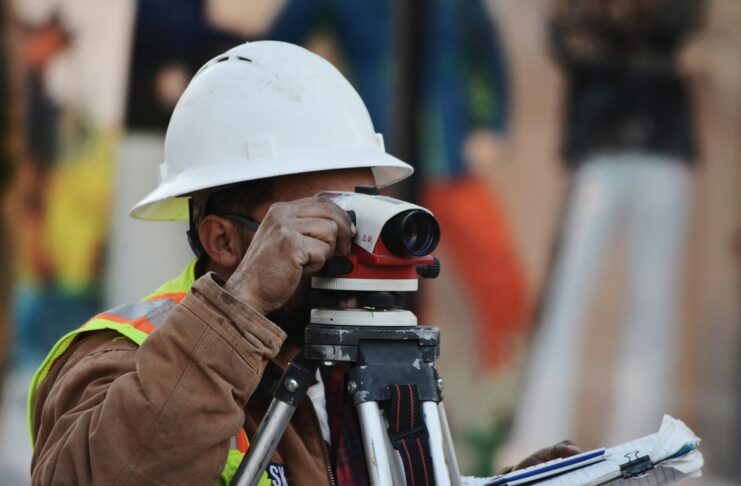The construction sector has seen a drop in whistleblowing, according to a new report, with incidents of misconduct falling by 1.6% globally. That’s the equivalent of just one report for every 330 employees, representing a modest dip but one that raises concerns in a high-risk industry.
While the volume of reports may have fallen, the nature of the concerns being raised remains troubling, the report, by whistleblowing service Safecall, found. More than half (56%) of all construction-related whistleblowing reports relate to HR issues, including bullying, discrimination, unfair treatment and even modern slavery.
“Even more so than many other sectors, wrongdoing within the construction industry can have disastrous, and even deadly, consequences,” warned Safecall Managing Director Joanna Lewis.
“Beyond financial implications, not blowing the whistle on unsafe work behaviour can jeopardise the health and safety of employees, workers and beyond,” she said.
Traditional Workplaces, Traditional Reporting
Safecall’s 2025 Benchmark Report, which draws on anonymised data from more than 5 million employees in over 1,000 organisations globally, reveals some notable quirks in how construction workers report concerns.
While whistleblowing in most sectors is increasingly digital, construction professionals still favour the phone: 45% of reports were made this way, well above the 29% average across all industries. The company attributes this to inconsistent digital access in field-based roles and a cultural preference for verbal reporting in more traditional work environments.
By contrast, 52% of reports were made via the web, showing that online platforms are still widely used when accessible.
Dishonesty and Safety Also Key Issues
Alongside the HR-related concerns, other categories include:
- Dishonest behaviour (19%) – encompassing fraud, theft, bribery and corruption
- Health and safety issues (15%) – such as poor safety practices, product contamination and substance abuse
- General concerns (10%) – including data protection, governance and failure to act on previous reports
The report also found that 60% of whistleblowers prefer to remain anonymous, with only just over a quarter willing to be identified. This suggests a lingering fear of retaliation, even in organisations with whistleblowing systems in place.
Building a Culture of Confidence
Lewis said that to reduce harm and encourage early intervention, employers must create an environment where workers feel safe and supported in speaking up.
She said that “[c]lear and visible whistleblowing processes are imperative. They allow employers to flag things which may be too complicated, too tricky, or simply absent in existing legislation.
“Only once workers feel they can report incidents with confidence can the construction industry operate safely, prioritising the health of organisations, workers and others within the supply chain.”
For wellbeing professionals, the data underscores a pressing need: a proactive approach to psychological safety, ethical behaviour and open communication channels. As whistleblowing reports remain dominated by HR issues, say experts, employers should see this as a barometer for wider cultural health.


